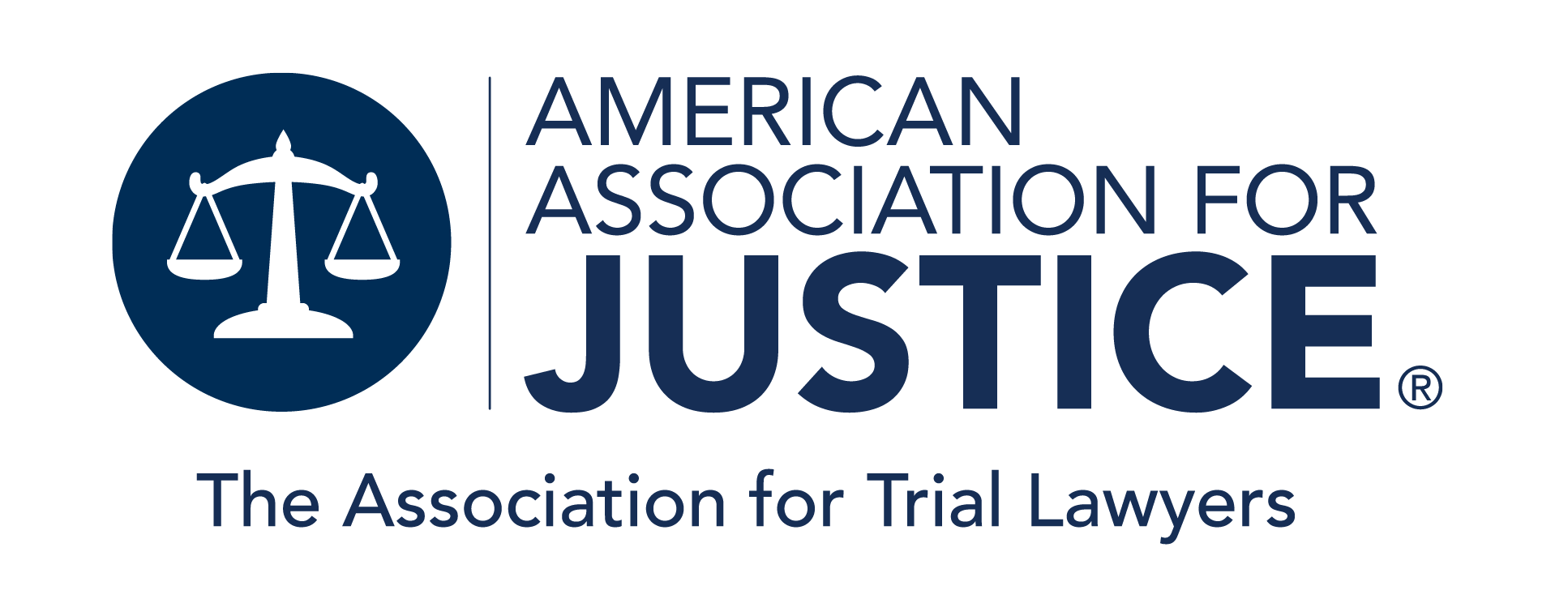Defense Contractor Fraud
The government is losing billions of dollars every year.
It’s up to whistleblowers who have knowledge of defense contractor fraud to report and bring those responsible to justice.

What is defense contractor fraud?
The United States government’s Department of Defense, along with other branches of the armed services, frequently hires outside contractors or vendors to support their operation and services. Defense contractor fraud is a term that encompasses any way that one of these contracted companies attempts to intentionally defraud the government through their partnership.
The False Claims Act
The False Claims Act, 31 U.S.C. § 3729 et. seq., has roots tracing back to the American Civil War. This act allows individuals with information regarding federal government contractor fraud to bring suit on behalf of the federal government for return of the monies they received. This is often referred to as qui tam litigation.
The government relies on the FCA to combat contractor fraud – this act makes it easier for whistleblower plaintiffs to bring about cases, as they are protected and often rewarded significantly.
Types of defense contractor fraud.
The government spends billions of dollars annually on defense, with contractors providing a variety of products and services from military equipment and supplies to logistical support and security protection.
While defense contractor fraud may be committed in many different ways, some of the more common schemes include:
- Knowingly selling defective products
- Ignoring or violating quality assurance & testing policies
- Mischarging or overbilling
- Bribery, kickbacks, and self-dealing
- Defective pricing and cost allocation schemes
We have recovered over $12 million in fraudulently obtained government money from government contractors.

Protection & Rewards
The False Claims Act.
The False Claims Act ensures that any whistleblower who brings claims exposing government fraud is protected. The Anti-Retaliation provision in the False Claims Act establishes that an employee, contractor, agent, or any other type of whistleblower which is employed by the company at issue cannot be retaliated against, or threatened for retaliation, for their actions.
Protection against Retaliation or Harassment.
Retaliation could take the form of harassment, dismissal, demotion or disciplinary measures. Harassment could also include such behaviors as failing to renew the contract of a whistleblower, withdrawing certain privileges (such as access to training), or the loss of responsibilities (marginalization).
Billions have been recovered. Up to 30% awarded.
In 2023 alone, whistleblowers helped the government recover $2.68 Billion. For their courage and assistance, a whistleblower can be awarded 15% to 30% of the amount recovered in their case.





Frequently Asked Questions
Who investigates defense contractor fraud?
These cases are typically investigated by the Department of Defense OIG, and potentially investigators from the various service branches.
How do I detect defense contractor fraud?
Review all billing, meeting summary notes, QA and testing documents, and anything else that may provide evidence of fraudulent activities on the part of the defense contractor. If you work for a contractor, you may be told by your employer to bill for products or services that were inaccurate or not provided, or to change the price when billing. This is against the law and should be reported.
What kind of evidence should I have before reporting defense contractor fraud?
It is important to have concrete evidence of defense contractor fraud before reporting it. While documentary evidence is not required, it is considered in many cases and can play a role in your case. Records of improper charges, emails stating fraudulent claims, or in-office memos can be helpful, however, there are important factors to consider before removing company documents. Our experienced qui tam attorneys can evaluate the evidence you have of contractor fraud and help you navigate the rules about disclosure that ensure your rights are protected.
Do I need to file a claim or can I just report the fraud?
We recommend consulting with an attorney prior to reporting any suspected fraud. The attorneys at PriceArmstrong will provide you with a free consultation to help you evaluate the potential fraud and best consider your options in safely, and confidentially, reporting it.
What happens if the government does not pursue the case?
Under the False Claims Act, the government can choose to take over the case, called “intervention,” or can decline to do so. Less than 15% of cases are intervened in by the government. However, this is often due to factors that are unrelated to the strength of the case, the amount of information brought by the whistleblower, or the nature or extent of the defense contractor fraud reported. You may have the option of pursuing the case even if the government declines to intervene in your case. We can help you evaluate this possibility during our consultation with you.
Reach out and take advantage of our free case evaluation.
All your communications with PriceArmstrong will be kept confidential and, if we take your case, there are no-out-of pocket costs to you.